Researchers have unveiled a revolutionary microgel-reinforced hydrogel formulation that showcases exceptional potential in alleviating symptoms associated with dry mouth.
The in-depth study, a collaborative effort by scientists, delves into the unprecedented capacity of this innovative aqueous lubricant to significantly reduce friction between dehydrated oral surfaces under controlled in vitro conditions.
The fabricated aqueous lubricant formulations, with a particular emphasis on the dairy protein type, have demonstrated remarkable capabilities in lubricating hydrophobic surfaces. The study also highlights the speed-dependent manner in which these formulations outshine gels, depending on the surface used.
Unlike current commercial saliva-replacing products, especially liquids and viscous liquids, the microgel-reinforced hydrogel outperforms them in the boundary regime, offering up to 99% more effective lubrication and up to 88% stronger retention.
One key aspect of the research is the formulation’s ability to mimic the capillary break time of real human saliva, which is crucial for effective oral lubrication. The aqueous lubricant exhibits strong adhesion onto mucosa-depleted-mimicking surfaces, showcasing extensive adsorption and minimal desorption from dry oral-mimicking surfaces.
Limitations of the current materials:
The study sheds light on a critical factor often overlooked in current products—the mucoadhesive properties of the lubricant. The inability of existing market products to efficiently adhere to biological surfaces, such as the human tongue and palate, is believed to be a major contributor to their inefficient lubrication properties and short relief periods.
In contrast, the biocompatible aqueous lubricant provides long-lasting hydration through water-encapsulating biopolymeric hydrogel and ensures strong adhesion to biological surfaces, thanks to the efficiently adsorbing proteinaceous microgel.
This study is a first step towards recognizing the high potential of microgel-based aqueous lubricants as a viable saliva substitute for dry mouth sufferers. The findings pave the way for future sensory evaluations and phase I clinical trials to confirm the subjective perception of moistness and real-world efficacy among dry mouth sufferers.
As this innovative technology progresses through clinical trials, it may soon become a game-changer in oral healthcare.
Source: Benchmarking of a microgel-reinforced hydrogel-based aqueous lubricant against commercial saliva substitutes; https://www.nature.com/articles/s41598-023-46108-w

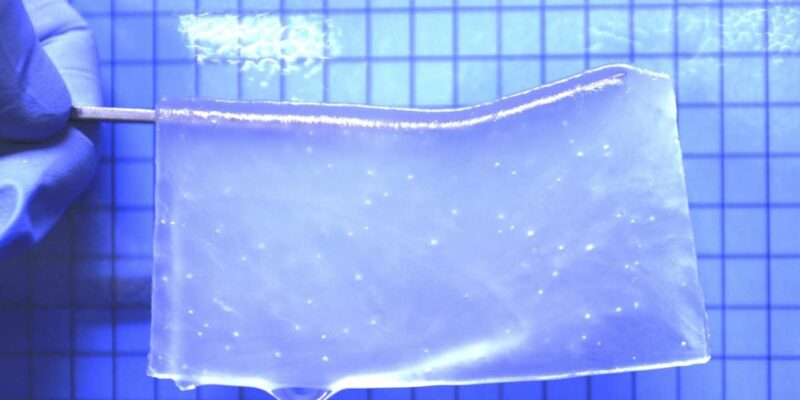




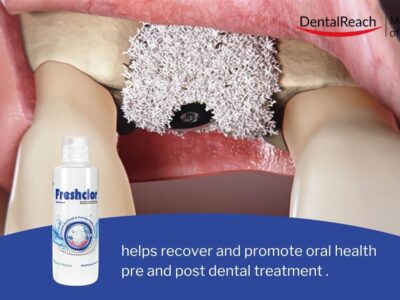
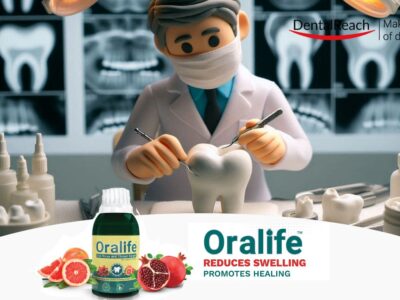
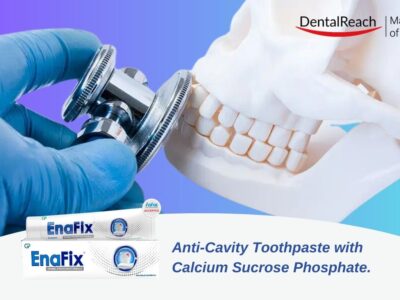
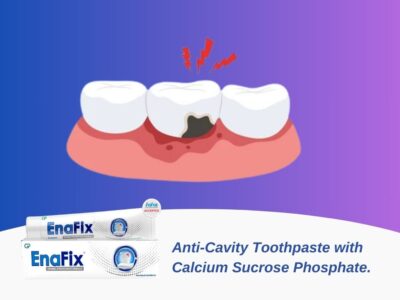
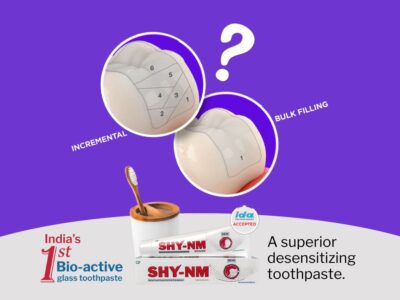








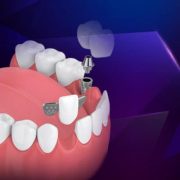
Comments